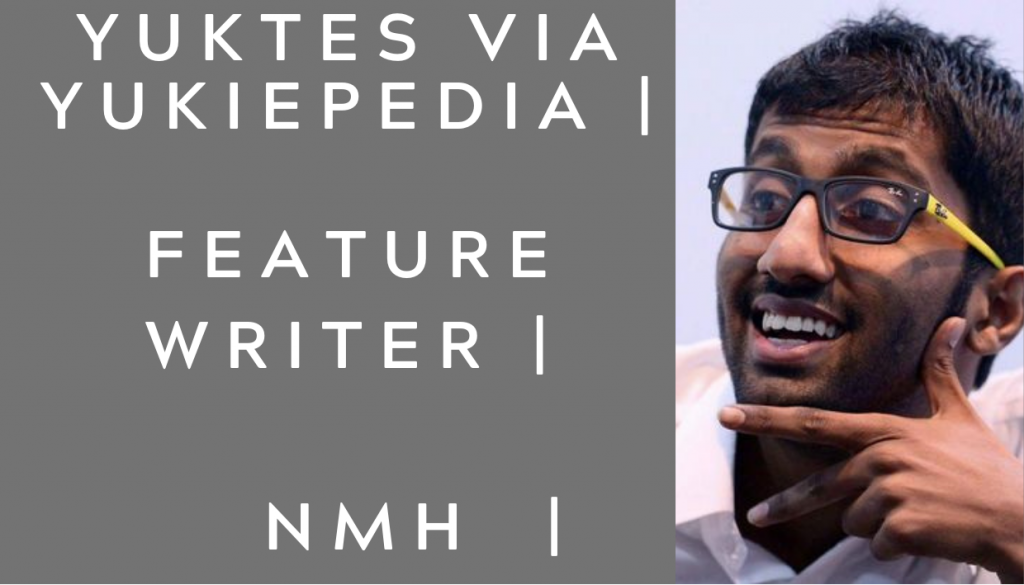
On 24 February, Mahathir Mohamad, the 7th Prime Minister of Malaysia resigned unexpectedly to be followed by a week-long political fiasco in the form of ‘betrayal’ with lawmakers jumping ship to one another.
His resignation led to the downfall of the short-lived political coalition under the Alliance of Hope or Pakatan Harapan (PH), the then opposition coalition that took over the administration for the first time in Malaysian electoral history on 09 May 2018.
On 25 February, the Prime Minister of Timor-Leste, Taur Matan Ruak sent a letter of resignation dated 24 February to the President, Francisco “Lu-Olo” Guterres from the Revolutionary Front for an Independent East Timor (Fretilin), as the small Southeast Asian country with 1.3 million population continues to face political instability after the collapse of the Alliance of Change for Progress (AMP) coalition.
Yes, the East Timor leader did withdraw his resignation afterwards citing the usual political rhetorics to justify his comeback. But just like how Dr M’s return as interim PM after his resignation, the Timor Lester leader’s comeback held little meaning as just like us back in Malaysia, the situation in Timor Leste continues to be uncertain and bleak.
According to a new World Bank report released on the 06 November 2020, Timor-Leste’s economy was forecasted to fall by 6.8 percent in 2020 which happened to be the sharpest fall since the country’s independence in 2002 – due to the impact of COVID-19 and delays in the approval of the 2020 state budget.
The PH government collapsed and ceased to exist after Bersatu (PPBM) withdrew its support for PH (Azmin Ali and his 10 MPs helped to form the PN government but the collapse of PH has to be attributed solely to PBBM’s decision to withdraw support via the resignation of Mahathir).
In Timor-Leste, a similar collapse took place as Ruak had repeatedly failed to secure passage of a budget for 2020 after the largest party in his coalition, National Congress for Timorese Reconstruction (CNRT), a party of independence hero Xanana Gusmao, withdrew support for the government.
Despite impressive progress since independence, East Timor is still one of the poorest countries in Asia and its economy is heavily dependent on foreign aid and oil (which represents more than 95% of total export revenues).
Under Najib, Malaysia was heading towards a developed nation status at a rapid pace. ECRL, GST, investments flowing in billions, and other polices has rectified previous failed polices (read: by Mahathir).
Biggest WTF Moment
The Goods and Services Tax (GST) was implemented by Najib on 01 April 2015, and was abolished by PH after taking over on 09 May 2018. The GST was also a highly-politicised issue along with Najib, of course, and abolishing it was the numero uno promise of the PH government in its election manifesto on the argument that it is a tax that oppresses the lower-income groups.
You see the whole world including the world’s top oil producers like Saudi Arabia have implemented GST to increase and diversify their revenues. Why? Because the crude oil market is volatile. Just look at what happened when a ship captain lost his bearings in the Suez Canal recently to know this point. I am not running a kindergarten here to teach you everything.
So coming back to the point in discussion here. This PH government decided to abolish GST, give a tax break and also introduce the irrelevant SST as our tax system despite claiming that Malaysia is in 1 trillion dollars debt.
Ok, if you don’t understand how ridiculously stupid and idiotic that sounds, we are not meant to be together sorry. I am sorry about that, but you guys seriously don’t know how much I had to cringe to write these. To compare my beloved country to Timor Leste (no offence guys) at this juncture is just pure absolute madness.
And to think once upon a time world’s top three rating agencies had graded us Triple A for consecutive years is just …………… sigh. As recent as 2018, prior to GE 14, acclaimed rating agency Moody affirmed Malaysia’s rating at A3. In fact, at that juncture, our share market had a world record for the longest running bull market only to crash as the world’s worst today.
This Is Why I Hate The Pakatoons*
Democracy, as Winston Churchill famously observed, is the worst system of government, except for all the others. That’s why we don’t actually have a pure democracy, but a constitutional republic designed to dampen the public’s temporary passions and prevent them from giving up their essential rights just because they’re carried away by the demagoguery of a heated moment, IN THIS CASE NAJIB’S 2.6 BILLION AND ROSMAH’S NON-EXISTENT GRAB OWNERSHIP FACEPALM.
The seeds of destruction nevertheless was planted by PH and today, the story continues to be the same.
How not to hate PH like this? It becomes an obligation definitely. – New Malaysia Herald
(*Pakatoons is a generic name referring to loyal supporters of PH.)
About the Writer: Yuktes Vijay fashioned himself as “Yukiepedia”, which is the anti thesis of “Wikipedia”. When Wiki lies, Yuki edits. (wiki here refers to general social media where fake news is shared. Yuki refers to this column which rectifies wiki aka social media lies).
Note: The views expressed in this article are that of the writer’s and do not necessarily reflect the views of the New Malaysia Herald.
New Malaysia Herald publishes articles, comments and posts from various contributors. We always welcome new content and write up. If you would like to contribute please contact us at : editor@newmalaysiaherald.com
Facebook Comments